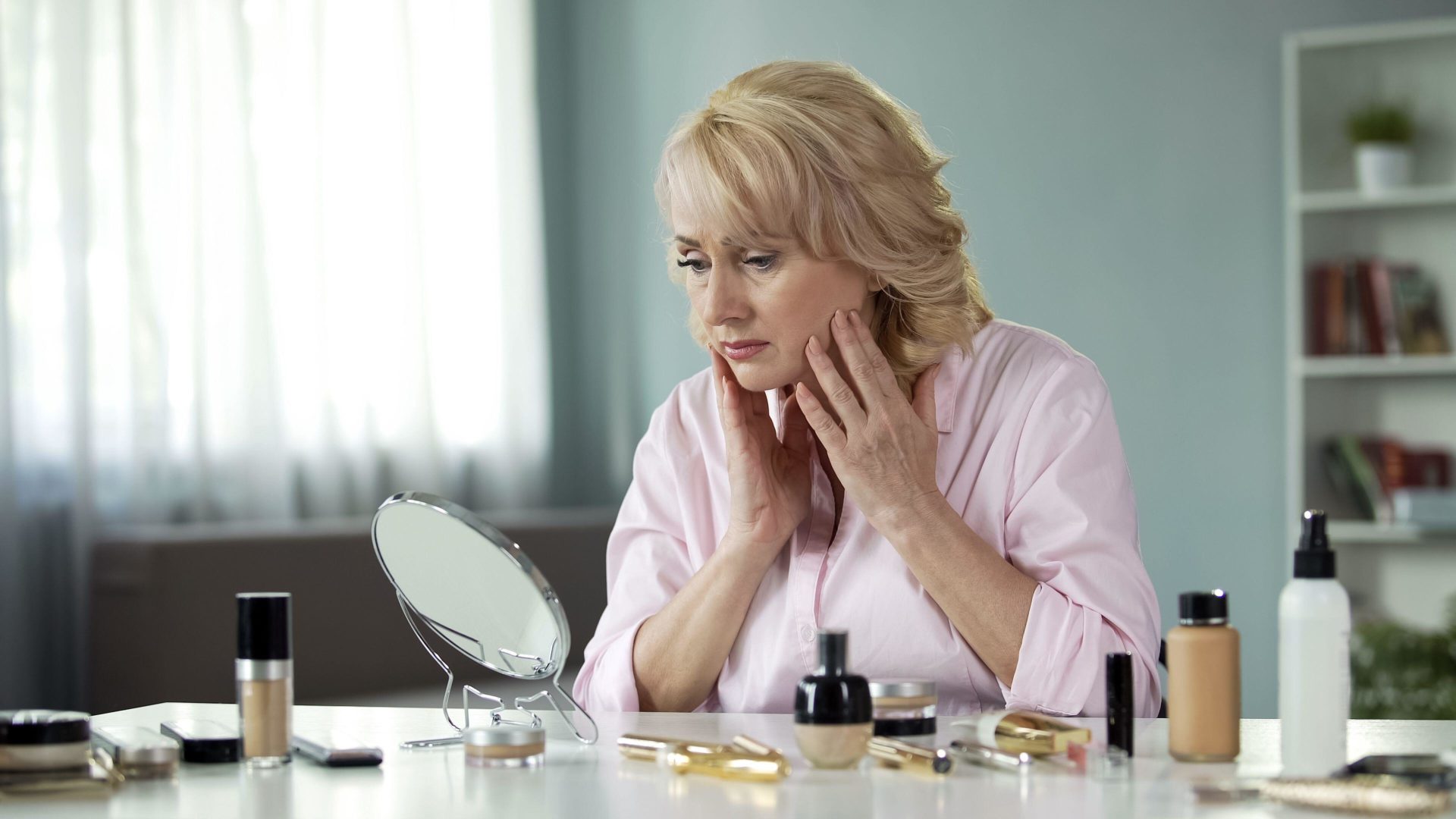The European Commission will implement restrictions on retinol later this year as the product can have negative effects on users’ skin.
Retinol has been a cosmetic craze for some time now. It is a derivative of Vitamin A, which improves skin texture and collagen production, reducing the appearance of fine lines and wrinkles.
However, The European Commission will be restricting the product from November 1 2025, as it can lead to chronic dryness and peeling of the skin.
Registered advanced nurse in dermatology Selene Daly told The Pat Kenny Show that people do not generally need to be taking extra supplements for their skin, as Vitamin A is available in foods like leafy greens, meat, fish, eggs and milk.
“People do have a better diet now, on the whole they have more access to good food, including these meats - and people take more supplements, which they probably don’t need to do,” she said.
“People tend to buy very expensive vitamins that cost a lot of money, but these vitamins can contain super doses of things like Vitamin A, which is a fat-soluble vitamin.
“It’s not like Vitamin B an C, it ends up in your liver and has to be processed by your body, so it actually can build up within your system.
“While it is good for you – for your thyroid function, for your skin – it can cause issues with your liver and it can cause issues, really importantly, with females who are pregnant.”
 Sad pretty lady looking in mirror, touching her face, anti-wrinkle skin care. Image: Ievgen Chabanov / Alamy. 24 May 2018
Sad pretty lady looking in mirror, touching her face, anti-wrinkle skin care. Image: Ievgen Chabanov / Alamy. 24 May 2018Ms Daly said that previously, retinol products would have only been seen in dermatology offices, but that its popularity has led to uninformed - and often unsafe - usage.
“If I’m an esthetician selling retinol, what I’ll do is I will advise the customer to say, ‘You must use sunscreen every single day when you’re using this'," she said.
"Because when you get rid of those skin cells that look a bit dull, they actually have a function.
“They actually protect your skin against UV light, so it’s really important that if you’re using a retinol, that you’re using sunscreen everyday and that you’re doing it under a bit of supervision – but you start low and slow.
“You’re not putting it on twice per day, [instead] you’re putting it on three times per week, and then building up slowly using the lowest concentration you need to.”
According to Ms Daly, it is particularly unsafe for children to use these products, as their skin is often not developed enough to properly absorb the product.
Listen back here:









